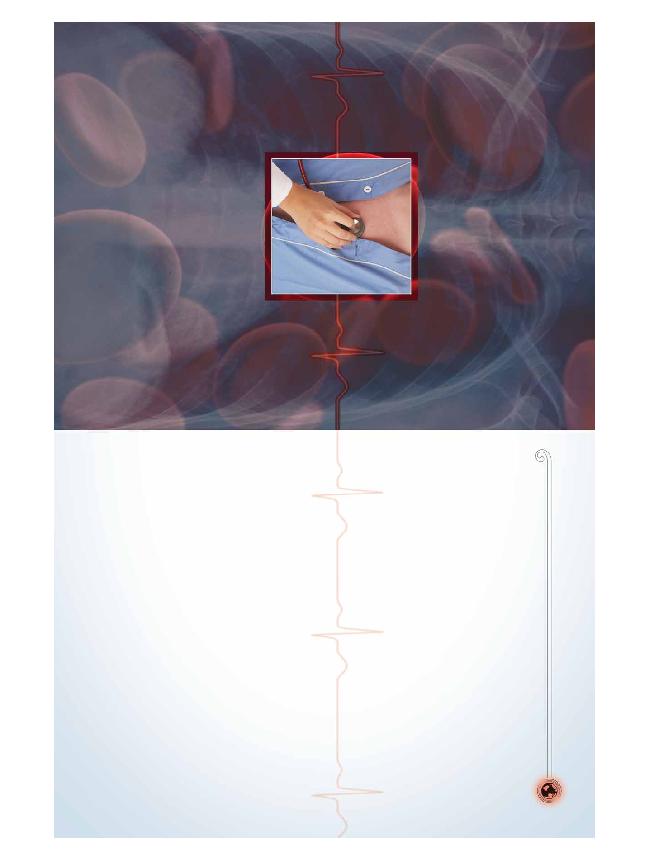
senior healers who handle life-threatening
medical situations, choosing western or
traditional healing techniques. But women
manage reproductive health, particularly
birth, and make child health decisions.
health care," says Mary Ann Dzuback, director
of the Women, Gender and Sexuality Studies
(WGSS) program. "So if you are trying to do
country, you have to understand how power
is distributed by gender in decision-making
within local families."
HIV/AIDS, among others. That means it is
also important to Washington University
scholars who deal with these problems. Within
the Department of Anthropology are medical
anthropologists including Carolyn Sargent,
whose specialty is gender and health in global
and transnational contexts. The School of
Medicine has an active epidemiology research
program. And the George Warren Brown
School of Social Work has a new Institute for
Public Health that grapples with community
health concerns.
that would foster research and program
development? Dzuback and Sargent decided
that Arts & Sciences, with its potential for
interdisciplinary connections, would be the
perfect venue for this community of scholars.
Those already engaged in these issues would
have an exciting framework for discussion,
and they could provide other clinical and
gender theory and analysis, with theoretical
underpinnings that would enrich their work.
as social science-based empirical research,
for a lot of public health problems," says
Dzuback, associate professor of education,
history and WGSS. "We also have well-
known and respected feminist and gender
theorists in the humanities and social sciences."
efforts in the country. At other universities,
much of the teaching and research on health
issues take place in public health and medical
programs -- many of which offer little in the
way of feminist and gender analysis.
Scholars Academy, Dzuback, Sargent and
other interested faculty members also
decided to build on existing institutional
relationships and create a working group of
schools around the world. Soon they had
identified three: The Tata Institute of Social
Sciences in Mumbai, India; the School of
Public Health at Fudan University in
Shanghai, China; and the College of Public
Health Sciences at Chulalongkorn University
in Bangkok, Thailand.
planned to hold a multi-year "Gender,
Sexuality and Health" seminar series that
would convene at Washington University.
The first seminar, held in February 2010,
had a keynote speaker: Carole Browner,
professor in the Center for Culture and
talked about "Gender, Reproduction and
Health: Transnational Perspectives."
initiative. His generous support of the seminars
in spring 2010 was critical," says Dzuback.
program models for the four institutions
involved, enlarging their group to include
abroad. Eventually, they hope to expand their
collaborative research and foster scholarly
exchanges of faculty and graduate students.
They want to link their work more closely
with the McDonnell Academy's developing
focus on global health, and explore the
possibility of a university-based center
dedicated to these issues.
anthropology program and WGSS, which was
founded in 1972 as one of the earliest such
programs in the nation. In undergraduate
courses and in a graduate certificate program,
students examine the effect of gender on
such areas as literature, art, history, political
structures, social relations, health and
economic institutions.
related programs. "We're aiming our efforts
at people who are doing research related to
these problems," says Dzuback, "and what
they need to know about gender and feminist
research in order to do the research that they
want to do in the most effective way possible."